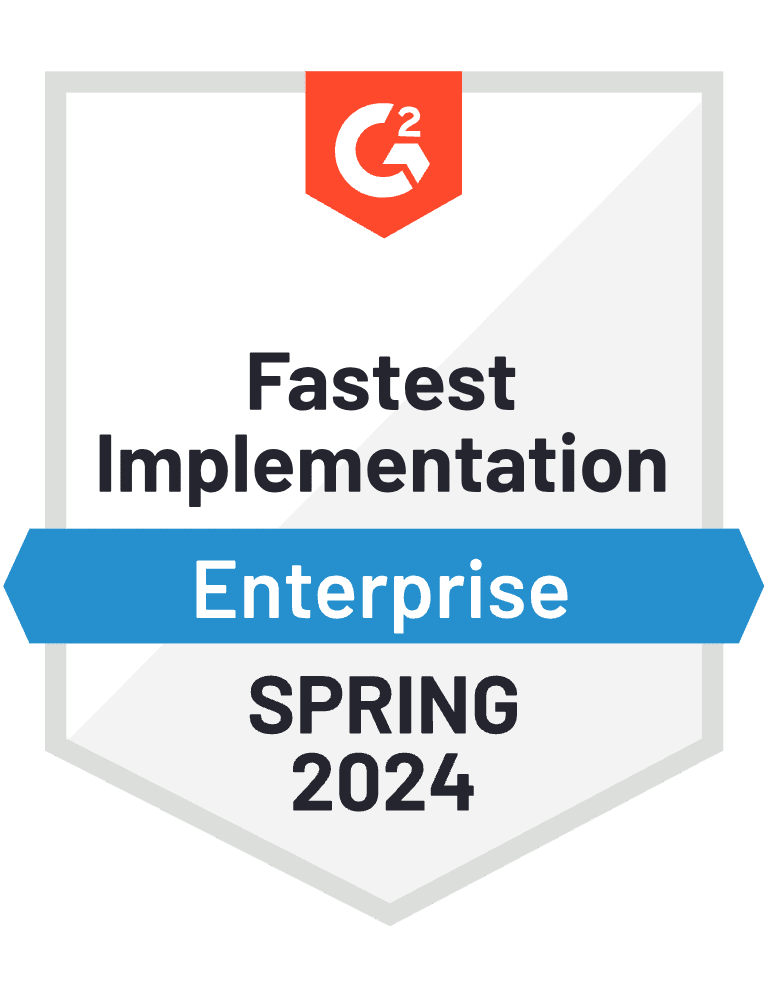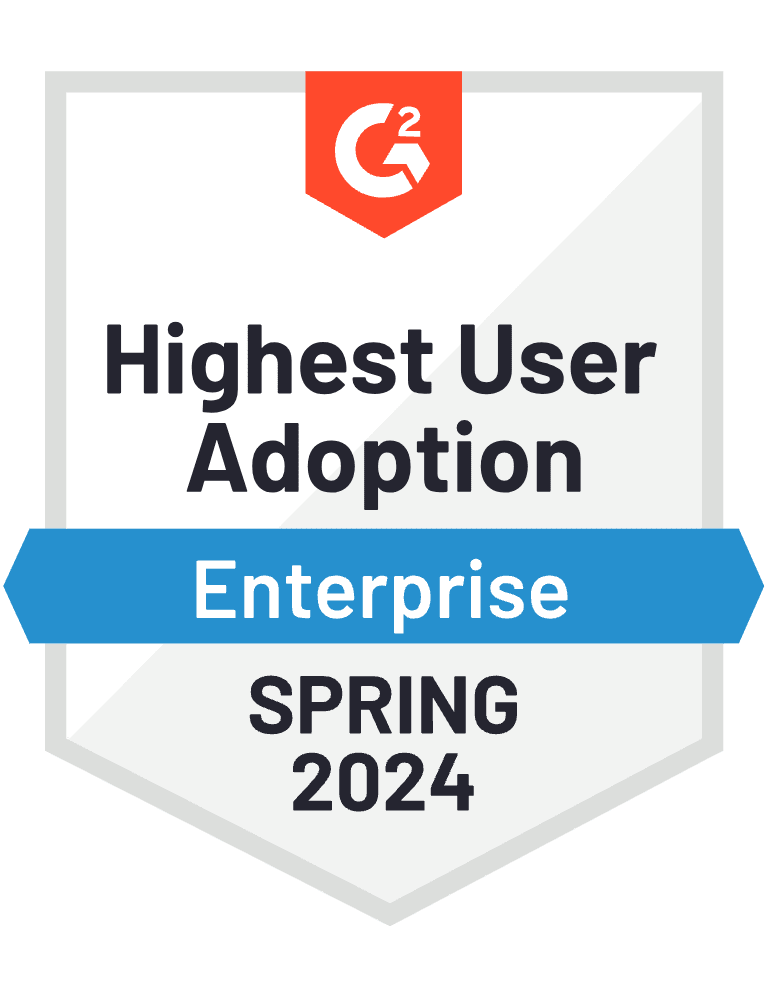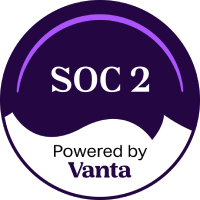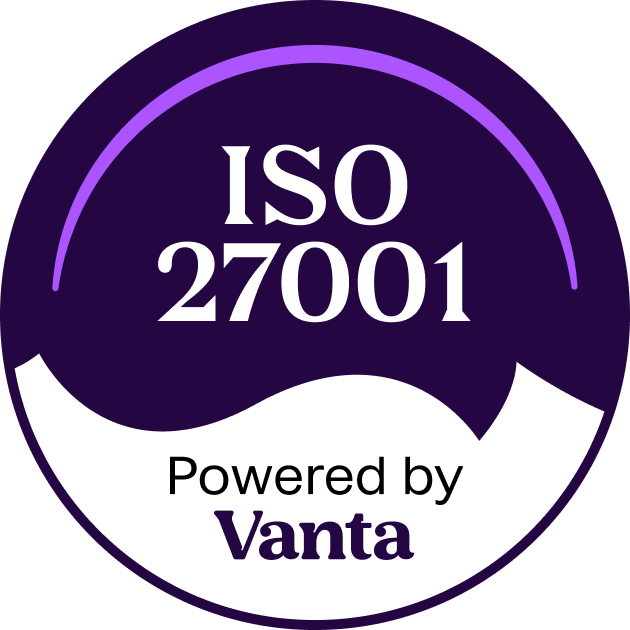How AI is Shaping RocketDocs & Response Management
How AI is Shaping RocketDocs & Response Management
Our Point of View: AI Continues to Advance Our Response Management Platform
Let’s get this out of the way first… did we write this, use AI or a bit of both?
We’ll let you be the judge.
AI technology for response management involves the processes to automate and optimize the handling of responses in various contexts, such as RFP responses, security questionaries, proposals, due diligence questionnaires, and really any document generation.
Our Approach to Generative AI for Private Data.
For customers wanting to make the most of their private data, at RocketDocs our next generation Generative AI will offer a secure in-house solution. It doesn’t make calls outside our system to third parties, so your data never leaves our environment. This means RocketDocs can answer more questions for you without the unnecessary additional risk of sharing your data with third party systems like ChatGPT.
- It is private, using only your data
- Generates answers by stitching together a response
- Nothing leaves our servers
- Leaves fewer blanks when prepopulating responses
- Generated responses are tagged for human review and once approved are by default available for future usage
- As opposed to third party general models, ours will enable uncensored, fine-tuned models
Two Layers of AI are Better than One.
Two layers of AI. One generative, one non. This gives you the ability to have appropriate safeguards to minimize the chances of “hallucinations” accidentally making it into martials. The non-generative AI will always be run first, this AI will always pick from a preapproved subset of content library responses. With information from your library always being pulled first, our generative AI will not have the chance to create a backlog of duplicate responses, which is a problem many companies that use Generative AI first, or only, will face.
Once the non-generative AI work is finished, the generative AI is invoked to help to respond to remaining questions. The answers filled in by the generative AI are purposely treated as drafts and identified for the writer, until they have been reviewed and approved by a human. Once approved, the newly created responses become part of the RocketDocs libraires to be available for use by the non-generative AI. This helps to ensure that reviewed and approved content is always received priority, before the generative AI is used.
By integrating these AI tools and features into RocketDocs, you can streamline the response management process, improve the quality of responses, and increase your organization’s overall success, accuracy and efficiency.
Platform features and benefits include:
Document Parsing and Extraction: AI can automatically extract key information from RFP documents, such as requirements, deadlines, evaluation criteria, and deliverables. This makes it easier for users to create, categorize, and prioritize RFP responses.
Natural Language Processing (NLP): NLP technologies can help with understanding and analyzing the language used in questionnaires and responses. It can identify important keywords and phrases and suggest relevant content.
Template Suggestions: AI can recommend suitable response templates based on the type of RFP, industry, or client. Saving time for the writers and ensuring consistency.
Response Generation: AI-driven content generation tools can help in generating standard and personalized responses. When a new questionnaire comes in, it first goes though the non-generative AI that will prepopulate answers first. This ensures that answers that have been reviewed and approved by humans are always given priority.
Data Analytics: AI can perform data analytics on past RFPs and responses to identify trends, strengths, and weaknesses. Helping to improve future responses and refine proposal strategies.
Content Library: AI-driven content libraries store approved, high-quality content for RFP responses. Users can search and insert relevant content into their proposals, ensuring consistency and accuracy.
Customization and Personalization: AI can assist in tailoring responses to meet the specific needs and preferences of each client or prospective client, improving the chances of success.
Proposal Optimization: AI can recommend adjustments and improvements to responses used, to increase chances of winning. This includes content recommendations, language refinements, and alignment with the RFP’s specific requirements.
In closing, AI technologies are continually evolving, and businesses are increasingly using them to enhance their response management processes, improve efficiency, and deliver a better experience for the reader. Implementing the right AI tools for your specific needs can save time, reduce errors, and increase satisfaction of both proposal writers and recipients.
If you have any questions, want to learn more about RocketDocs, or just want to chat, please don’t hesitate to reach out. Our dedicated team is here to provide consultation.





